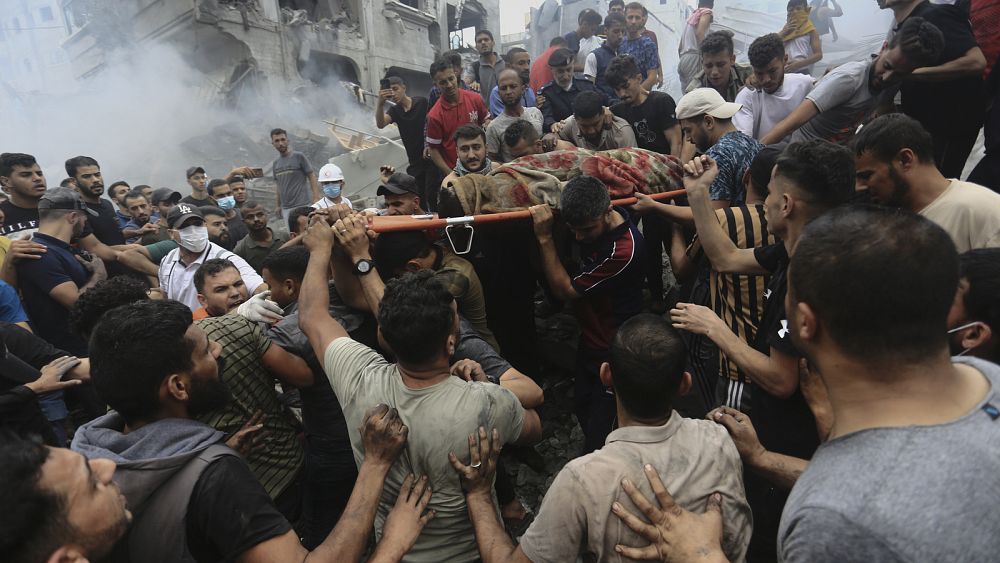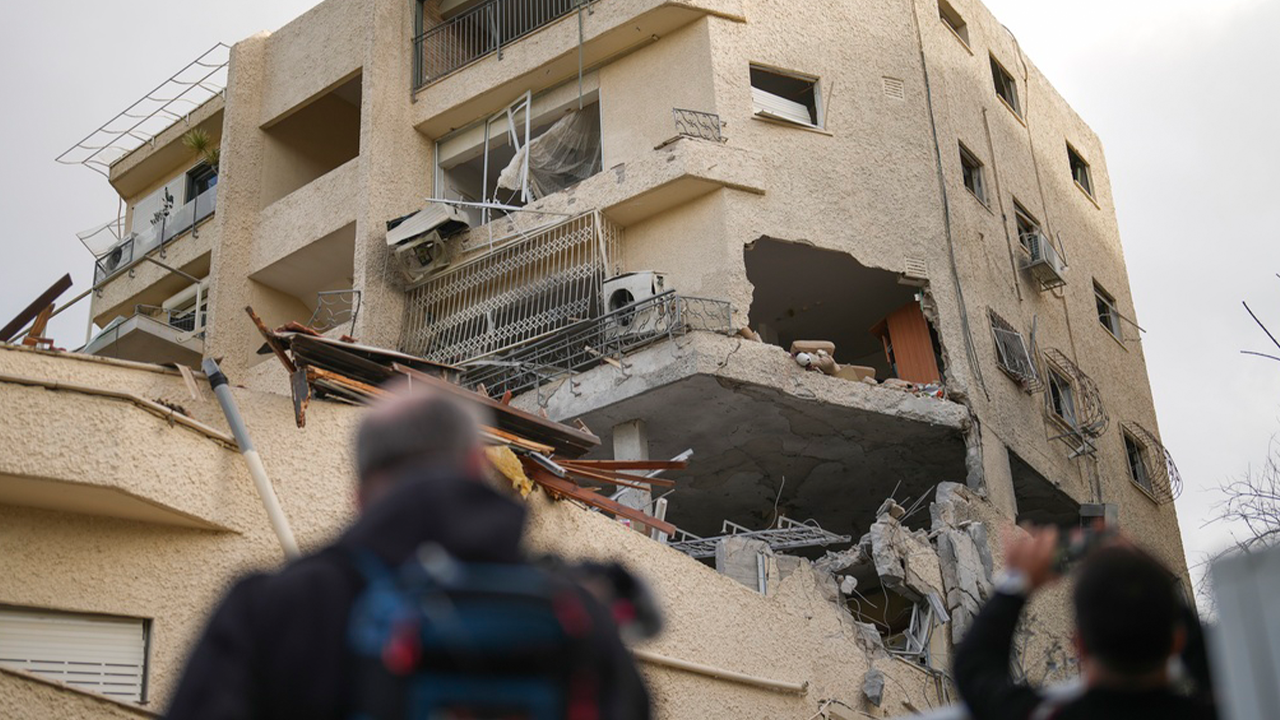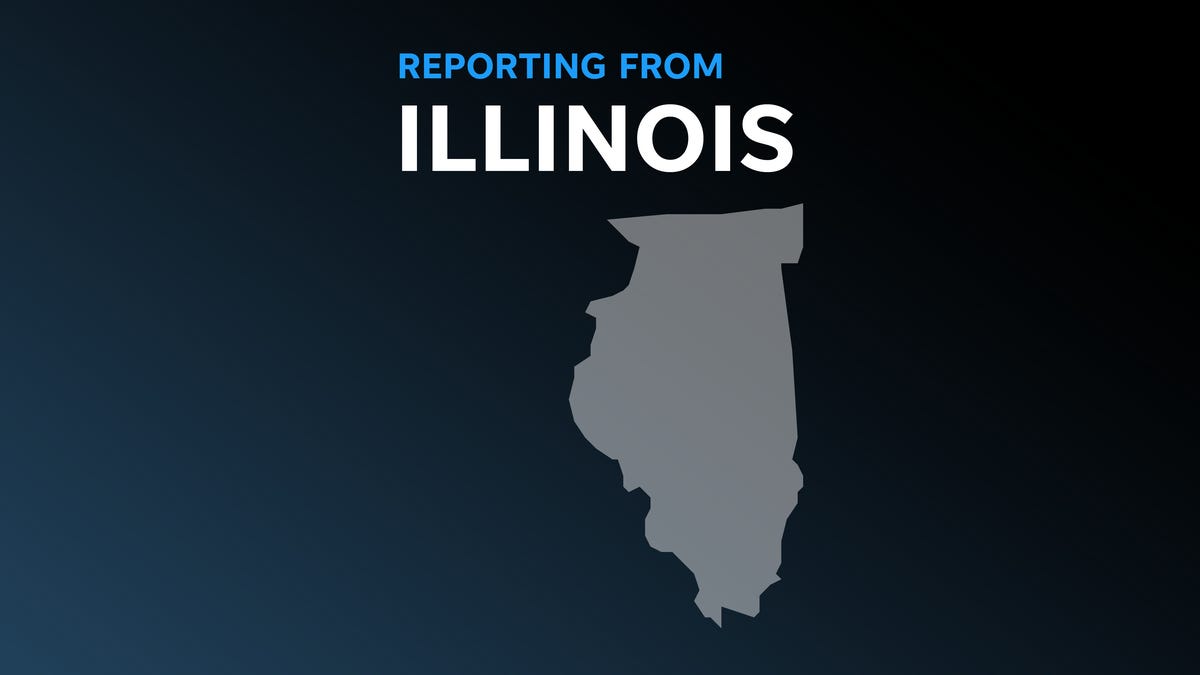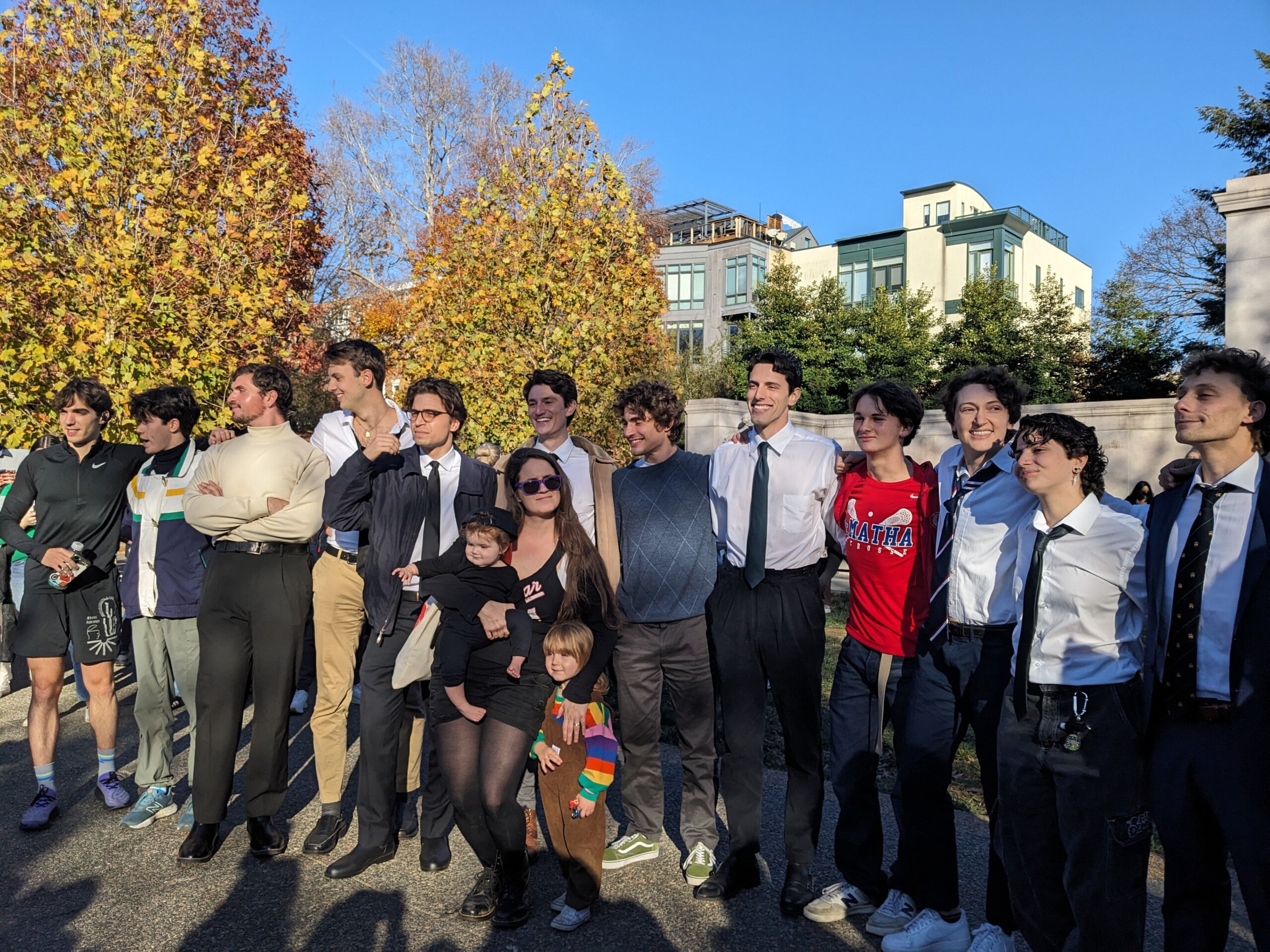World
Brussels backs Israel’s right to self-defence, halts Palestinian aid

The European Union confirmed it was temporarily suspending €691 million in development aid to Palestinians on Monday, after the bloc repeated its unwavering backing of Israeli self-defence.
In a statement on social media platform X, EU neighbourhood commissioner Olivér Várhelyi announced all payments had been “immediately suspended” while the EU’s €691-million development support for Palestinians was “under review”.
The EU is the biggest donor of aid to Palestinians residing in Hamas-controlled Gaza and the West Bank, governed by President Mahmoud Abbas’ Palestinian Authority. The funds help ensure Palestinians can access health, education and social services.
Austria was the first member state to announce it would cut off €19 million in funds to Palestinians on Monday morning. Germany also confirmed it would “temporarily halt” aid as it carries out a more thorough financial review.
Earlier on Monday, EU spokespersons had failed to confirm whether the bloc would consider suspending development aid, but reiterated its unwavering backing of Israel’s right to defend itself.
“In light of this indiscriminate attack waged by Hamas, Israel has the right to defend itself, its territory and its people in line with international law,” Peter Stano, the European Commission’s spokesperson for foreign affairs and security policy, said on Monday afternoon.
“It is also important, on the other hand, to see that Palestinian people are not suffering because of this,” Stano added.
The statement came as the Israeli foreign minister announced a full siege on the Gaza strip in response to Hamas’ surprise attack on Saturday, blocking all essential supplies including food, water and electricity to the Palestinian enclave.
Stano refrained from confirming whether Israel’s retaliatory airstrikes, which the UN estimates to have forcedly displaced 123,000 Palestinians, were considered by the EU to be a legitimate form of self-defence in accordance with international law.
EU leaders have vehemently condemned Saturday’s large-scale assault on Israel by Hamas, which it considers a terrorist organisation, and called for civilians to be protected and hostages released. The ensuing violence, which has already claimed the lives of at least 1,100 people, is the biggest and deadliest escalation between both sides in decades.
The bloc’s foreign ministers – many of whom are currently in Muscat, Oman, for a joint meeting between the EU and the Gulf Cooperation Council (GCC) – will convene for an extraordinary meeting on Tuesday to discuss the EU response.
EU governments have also been ramping up security around key Jewish sites in fear of an uptick in anti-Semitic attacks as the conflict unfolds.
Israel has right to “self-defence”
The EU has stood firmly behind Israel since Hamas, the Islamist militant group that controls the Gaza strip, caught Israeli authorities off-guard on Saturday with its unprecedented incursion.
Hugh Lovatt, a senior policy fellow at the European Council on Foreign Relations and expert on Israeli-Palestinian relations, told Euronews that the European decision to take sides in the conflict could prove dangerous.
“Europeans should support Israel’s right to self-defence, but should press for a response in line with international law,” Lovatt explained.
“A full ground invasion and disproportionate attacks that target Palestinian civilians will have far-reaching and destabilizing consequences for Israelis and Palestinians alike, including by increasing wider support for Palestinian armed resistance and increasing the risk that Hezbollah enters the conflict,” he added.
“Giving Israel a blank check, as Europeans may now be doing, risks a dangerous and counter-productive outcome,” Lovatt said.
On Monday, Iran denied reports it had helped Hamas plan the assault on Israel along with the Tehran-baked Shiite militant group Hezbollah. When asked about Tehran’s possible involvement, EU spokesperson Peter Stano refrained from “pointing fingers”, but confirmed European foreign ministers would address possible geopolitical motives during their Tuesday meeting.
Lovatt also believes Europe needs to work closely with other Arab states that can mediate the conflict. “Europeans should work with those who have some influence over Hamas, most particularly Egypt and Qatar, to similarly warn against its deliberate targeting and detention of Israeli civilians – which is also at odds with Islamic law,” he said.
The EU is in dialogue with such partners and will ask them to “do everything they can to exercise their influence over this group (Hamas) to stop what they are doing”, Stano said on Monday.
In early September, the EU launched a new initiative to revive Israeli-Palestinian peace talks in cooperation with Saudi Arabia, Egypt and Jordan. The efforts focused on achieving the so-called two-state solution, broadly backed by Western governments but hailed by some experts as a moribund solution to the conflict.
The EU’s top diplomat is set to meet Gulf state ministers in Muscat on Monday, who could play a key role in a possible mediation. Recent US-backed talks on the normalisation of relations between Israel and Saudi Arabia, in exchange for a US-Saudi defence deal, had raised hopes of a de-escalation.
EU halts Palestinian aid
The EU’s decision to suspend funds came after Austria and Germany confirmed similar steps.
Speaking on Austrian radio on Monday, the country’s foreign minister Alexander Schallenberg chose not to distinguish between Hamas-ruled Gaza and the West Bank, which is largely governed by President Mahmoud Abbas’ Palestinian Authority, considered a rival to Hamas.
Lovatt warned against counter-productive measures such as cutting aid to the Palestinian Authority and other forms of financial support to Palestinians.
“Europeans need to recognise the Palestinian Authority remains completely peripheral to ongoing events. Pushing Abbas to clamp down on Hamas and other groups such as Islamic Jihad will backfire,” he said.
The EU’s financial aid to the Palestinian people residing in the West Bank and the Gaza strip amounted to €296 million in 2022, and included support for social allowances, medical referrals, salaries and pensions. The support also aimed to mitigate the impact of Russia’s invasion of Ukraine on food supply.
The EU funds destined to Gaza were channelled through the United Nations Relief and Works Agency for Palestine Refugees (UNRWA).
Asked whether the EU was assessing whether EU funds destined to Gaza could have inadvertently fallen into the hands of Hamas militia, Ana Pisonero, the European Commission’s spokesperson for enlargement and neighbourhood policy, said on Monday the EU budget did not provide “direct or indirect” funding to Hamas.
“The EU does not fund Hamas or any terrorist organisation activities, either directly or indirectly. The EU has very strict rules in place to screen and vet the beneficiaries of EU funds,” Pisonero said.
“All recipients of EU funding are required to ensure that these funds are not made available, either directly or indirectly, to entities, individuals or groups which have been designed under EU restrictive measures or to their representatives.”
The Commission has not had any contact with Hamas since 2007, when the terrorist organisation took over the Gaza Strip as a result of its military confrontation with Fatah.

World
Trump's FDA Pick Is Surgeon and Writer Martin Makary
World
Israel moves towards ceasefire deal with Hezbollah: reports

Israel is reportedly moving towards a ceasefire agreement with Hezbollah in Lebanon after nearly a year of fighting escalated into an all-out war in September.
Israeli media outlets including YNET and Haaretz have reported that Israel has tentatively agreed to a U.S.-backed proposal for a ceasefire. No final deal has been reached, according to the reports.
Journalists take pictures of a building hit direct by a rocket fired from Lebanon in Haifa, Israel, Sunday Nov. 24, 2024. (AP Photo/Francisco Seco)
Lebanon and the militia group Hezbollah reportedly agreed to the deal last week but both sides need to give the final okay before it can materialize.
The reported ceasefire deal comes after Hezbollah launched one of its largest rocket attacks on Israel in exchange for Israeli forces striking Hezbollah command centers in Beirut.
This is a developing story. Check back for updates.
World
Yamandu Orsi wins Uruguay’s run-off presidential election

Yamandu Orsi, the candidate for the left-wing Broad Front coalition, is projected to emerge victorious in Uruguay’s run-off election for the presidency.
He bested Alvaro Delgado of the ruling National Party to win the tightly fought race, though public opinion polls showed the two candidates in a dead heat in the lead-up to Sunday’s vote.
Orsi’s supporters took to the streets in the capital of Montevideo, as the official results started to show the former mayor and history teacher surging ahead.
Many waved the party banner: a red, blue and white striped flag with the initials FA for “Frente Amplio”, which translates to “Broad Front”.
“Joy will return for the majority,” the coalition posted on social media as Orsi approached victory. “Cheers, people of Uruguay.”
Orsi’s win restores the Broad Front to power in the small South American country, sandwiched on the Atlantic coast between Brazil and Argentina.
For 15 years, from 2005 to 2020, the Broad Front had held Uruguay’s executive office, with the presidencies of Jose Mujica and Tabare Vazquez, the latter of whom won two non-consecutive, five-year terms.
But that winning streak came to an end in the 2019 election, with the victory of current President Luis Lacalle Pou, who led a coalition of right-leaning parties.
Under Uruguay law, however, a president cannot run for consecutive terms. Lacalle Pou was therefore not a candidate in the 2024 race.
Running in his stead was Delgado, a former veterinarian and Congress member who served as a political appointee in Lacalle Pou’s government from 2020 to 2023.
Even before the official results were announced on Sunday, Delgado had conceded, acknowledging Orsi’s victory was imminent.
“Today, the Uruguayans have defined who will hold the presidency of the republic. And I want to send here, with all these actors of the coalition, a big hug and a greeting to Yamandu Orsi,” Delgado said in a speech as he clutched a large Uruguayan flag in his hand.
He called on his supporters to “respect the sovereign decisions” of the electorate, while striking a note of defiance.
“It’s one thing to lose an election, and another to be defeated. We are not defeated,” he said, pledging that his right-wing coalition was “here to stay”.
The outgoing president, Lacalle Pou, also reached out to Orsi to acknowledge the Broad Front’s victory.
“I called [Yamandu Orsi] to congratulate him as president-elect of our country and to put myself at his service and begin the transition as soon as I deem it pertinent,” Lacalle Pou wrote on social media.

Orsi had been considered the frontrunner in the lead-up to the first round of the elections.
Originally from Canelones, a coastal regional in the south of Uruguay, Orsi began his career locally as a history teacher, activist and secretary-general of the department’s government. In 2015, he successfully ran to be mayor of Canelones and won re-election in 2020.
In the 2024 presidential race, Orsi – like virtually all the candidates on the campaign trail – pledged to bolster Uruguay’s economy. He called for salary increases, particularly for low-wage workers, to grow their “purchasing power”.
He also called for greater early childhood education and employment programmes for young adults. According to a United Nations report earlier this year, nearly 25 percent of Uruguay’s children live in poverty.
But the economy was not the only issue at the forefront of voters’ minds. In a June survey from the communications firm Nomade, the largest share of respondents – 29 percent – identified “insecurity” as Uruguay’s “principal problem”.
That dwarfed the second-highest ranked topic: “Unemployment” was only picked by 15 percent of respondents.
As part of his platform, Orsi pledged to increase the police force and strengthen Uruguay’s borders, including through the installation of more security cameras.
As he campaigned, Orsi enjoyed the support of former President Mujica, a former rebel fighter who survived torture under Uruguay’s military dictatorship in the 1970s and ’80s.
Mujica remains a popular figure on Uruguay’s left, best known for his humble living arrangements that once earned him the moniker of the “world’s poorest president”.

In the first round of voting, on October 27, Orsi came out on top, with 44 percent of the vote to Delgado’s 27 percent. But his total was far short of the 50 percent he needed to win the election outright, thereby triggering a run-off.
The race got tighter from there forward. Only two candidates progressed to the run-off – Delgado and Orsi – and Delgado picked up support from voters who had backed former Colorado Party candidate Andres Ojeda, a fellow conservative who was knocked out in the first round.
Nevertheless, Orsi quickly pulled ahead after the polls closed for the run-off election on Sunday.
“The horizon is brightening,” Orsi said in his victory speech. “The country of freedom, equality and also fraternity triumphs once again.”
-

 Business1 week ago
Business1 week agoColumn: Molly White's message for journalists going freelance — be ready for the pitfalls
-

 Science5 days ago
Science5 days agoTrump nominates Dr. Oz to head Medicare and Medicaid and help take on 'illness industrial complex'
-

 Politics1 week ago
Politics1 week agoTrump taps FCC member Brendan Carr to lead agency: 'Warrior for Free Speech'
-
/cdn.vox-cdn.com/uploads/chorus_asset/file/25739950/247386_Elon_Musk_Open_AI_CVirginia.jpg)
/cdn.vox-cdn.com/uploads/chorus_asset/file/25739950/247386_Elon_Musk_Open_AI_CVirginia.jpg) Technology7 days ago
Technology7 days agoInside Elon Musk’s messy breakup with OpenAI
-

 Lifestyle1 week ago
Lifestyle1 week agoSome in the U.S. farm industry are alarmed by Trump's embrace of RFK Jr. and tariffs
-

 World1 week ago
World1 week agoProtesters in Slovakia rally against Robert Fico’s populist government
-

 News7 days ago
News7 days agoThey disagree about a lot, but these singers figure out how to stay in harmony
-

 News1 week ago
News1 week agoGaetz-gate: Navigating the President-elect's most baffling Cabinet pick



















